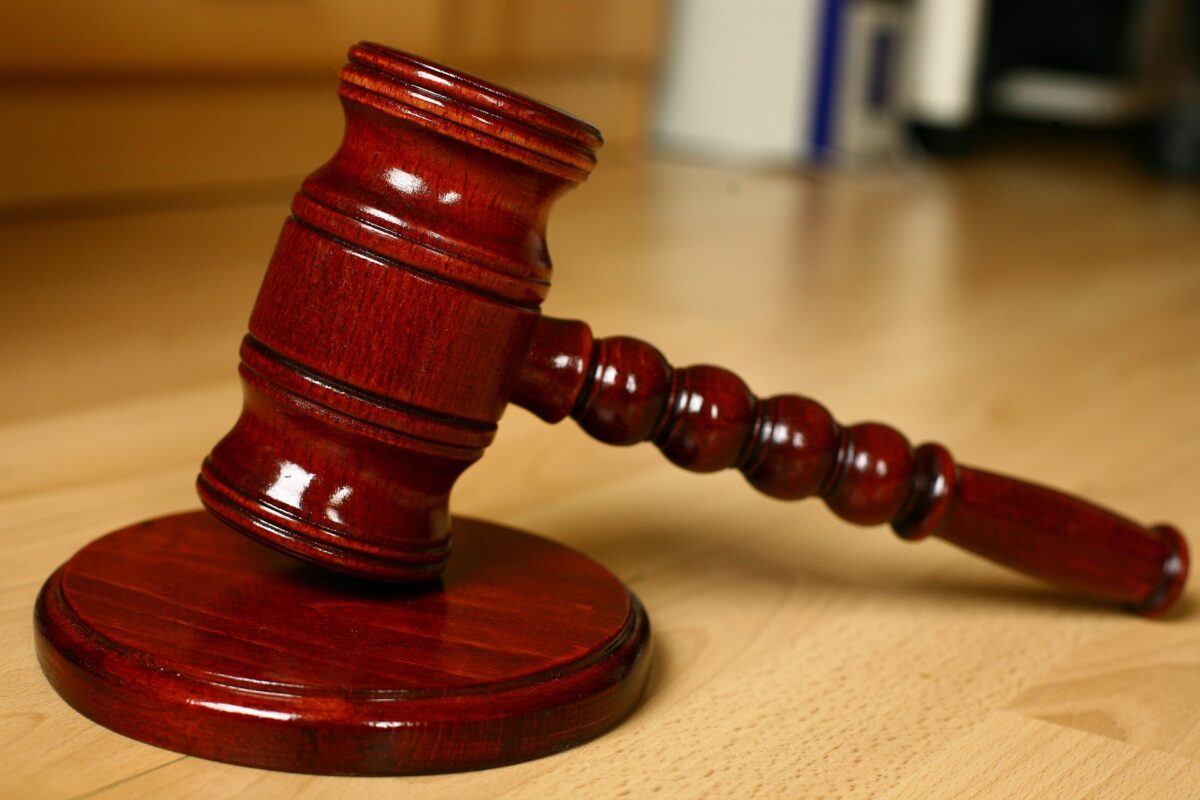
By George Tsardellis When a dispute arises, it is crucial for the innocent party to seek immediate legal advice. Timely guidance from a legal advisor ensures that the party takes appropriate actions, avoiding mistakes that could worsen their position. At the same time, the legal advisor can assess the situation and advise the innocent party to take legal action promptly, if deemed necessary.
A well-planned strategy from the outset of the dispute can increase the chances of a favourable outcome and effectively protect the rights of the innocent party. The necessity of obtaining immediate legal advice and preparing for legal measures becomes even more pressing when the opposing party is a company. Due to the corporate veil, there is a significant risk that the company may alienate its assets, rendering any court judgement against it practically unenforceable.

Furthermore, the corporate veil shields directors and shareholders from personal liability, potentially leaving the innocent party without a means to recover damages. Timely formulation of a legal strategy and, if necessary, obtaining an interim injunction to freeze assets pending litigation can prevent such scenarios and ensure the preservation of the status quo, the avoidance of irreparable harm, and the safeguarding of assets or evidence that might otherwise be lost. In Cyprus, the issuance of interim prohibitory injunctions is governed by Article 32 of the Courts of Justice Law, Law 14/1960, which grants courts broad power to issue such orders when certain conditions are met.
There are three main conditions for granting an interim prohibitory injunction: As case law establishes, where the harm can be compensated by monetary damages and there is the ability to pay such compensation, the remedy of damages is considered sufficient unless there are special circumstances where the award of damages would not constitute an adequate remedy (Marketrends (Capital Market) Ltd v Georgiou (2002) 1Γ ΑΑΔ 1759). If these three conditions are met, the court decides whether to issue the injunction by exercising its discretion based on whether it is “just and convenient” to do so (Christos Efstratiou v Dicran Ouzounian and Company Limited, Civil Appeal 292/2010, dated 20.01.
2014, ECLI:CY:AD:2014:A38). According to the principles of natural justice, no injunction is granted unless the court hears both sides. An exception to this general rule is justified only when urgency exists – specifically, when the delay in hearing the other side could lead to irreparable consequences.
A key factor in establishing urgency is that the applicant must not have delayed in persuading legal actions from the date the cause of action arose. This necessity for timely legal advice and guidance is underscored in Resola (Cyprus) Ltd. v Christou (1998) 1(Β) Α.
Α.Δ. 598, which states: “Urgency for granting relief is a jurisdictional requirement.
Only if the urgency of the request is demonstrated is the court exceptionally justified in exercising its judicial authority in the absence of the defendant. Only then can a departure from the fundamental rule of justice – hearing both sides before issuing a judgment – be excused.” The evolution of society and the continuous expansion of commercial relationships and transactions have made many disputes exceedingly complex, requiring specialised strategies for their resolution.
In such cases, selecting the appropriate legal actions or securing an interim prohibitory injunction is not a straightforward process, as it requires deep knowledge and expertise in handling such matters. Guidance from an experienced legal advisor is essential, as only an expert with extensive experience can determine the necessary legal steps and recommend the appropriate injunctions to secure. This is critical for effectively and promptly addressing the complex situation, thereby avoiding the creation of faits accomplis that could cause irreparable harm.
George Tsardellis is a partner at Elias Neocleous & Co LLC law firm [email protected].











